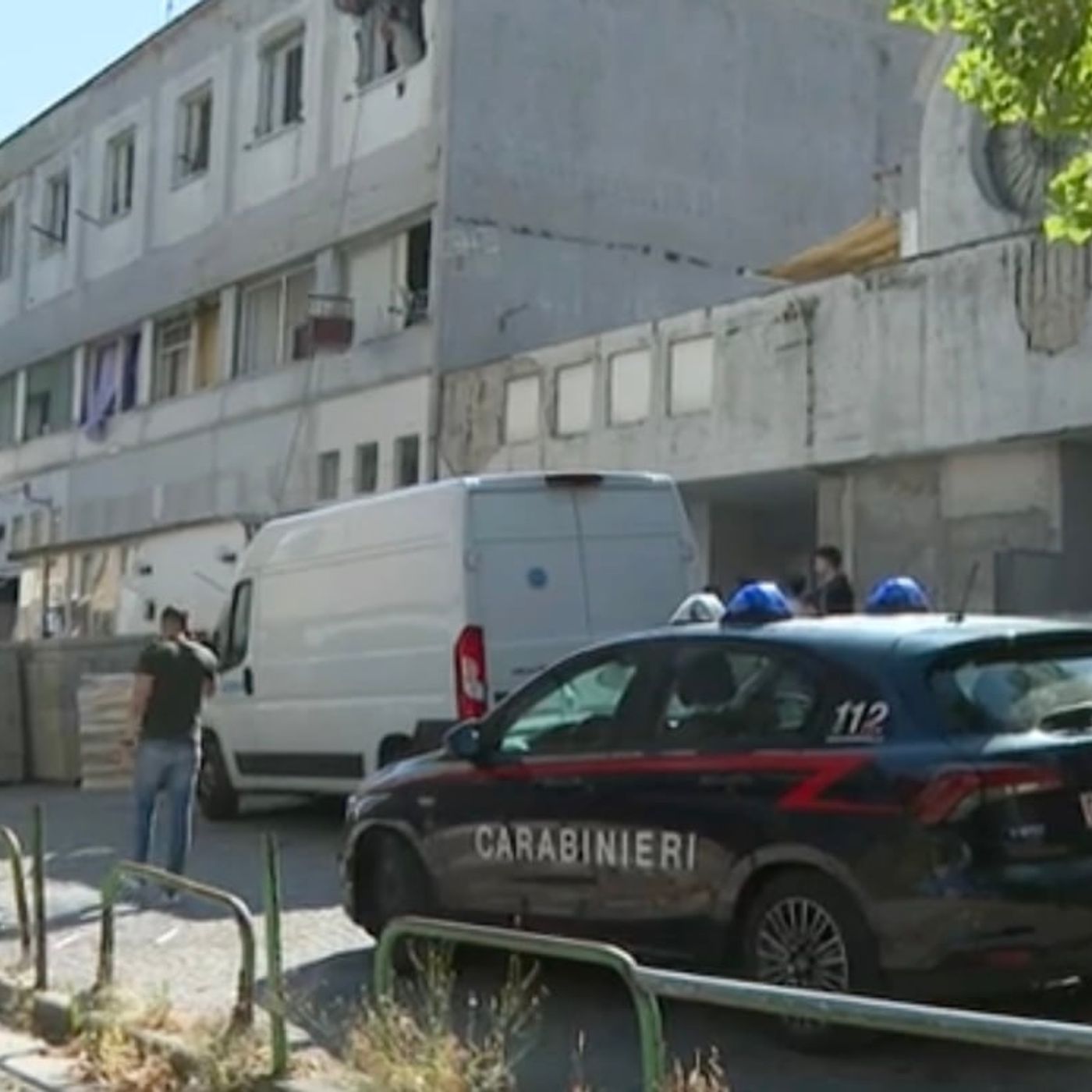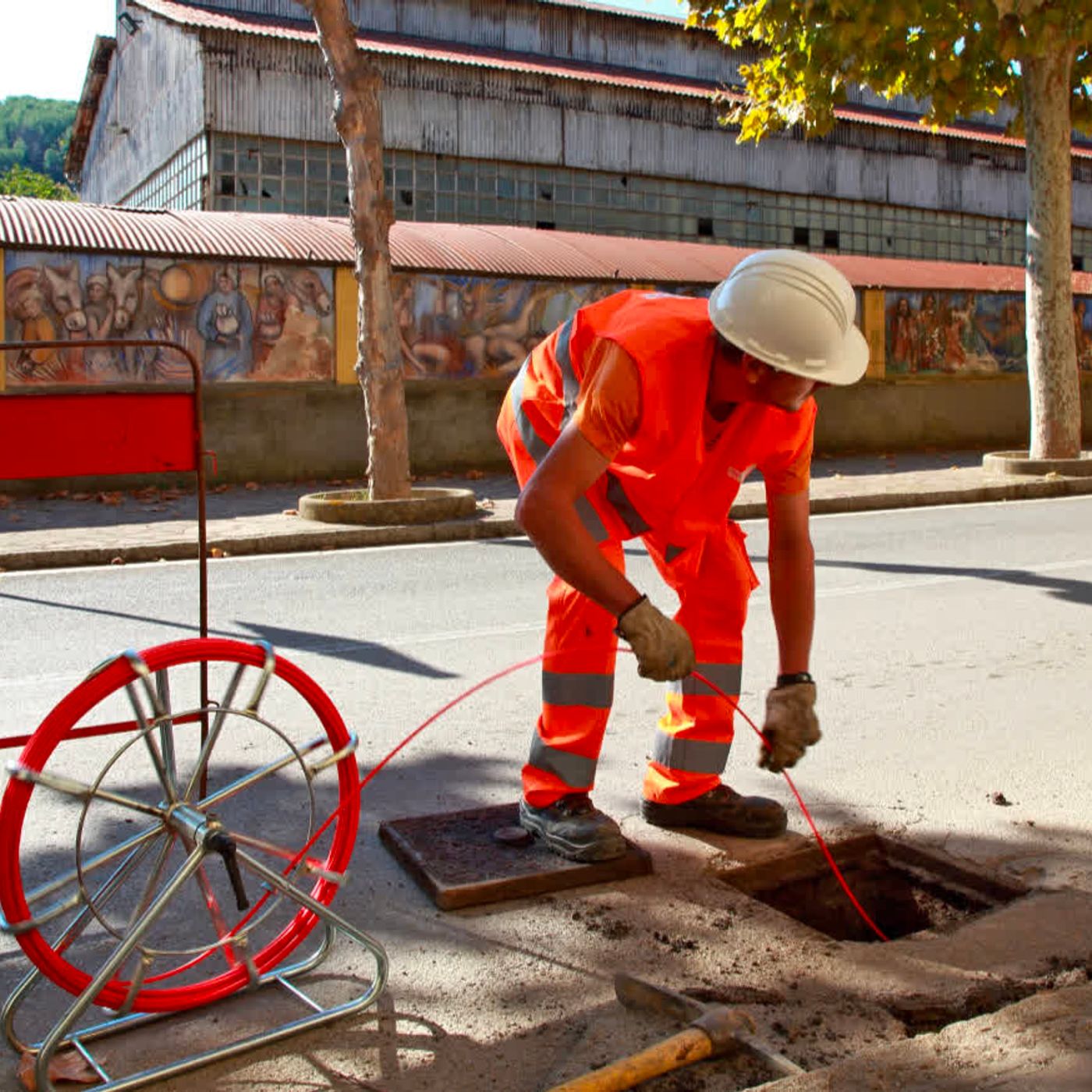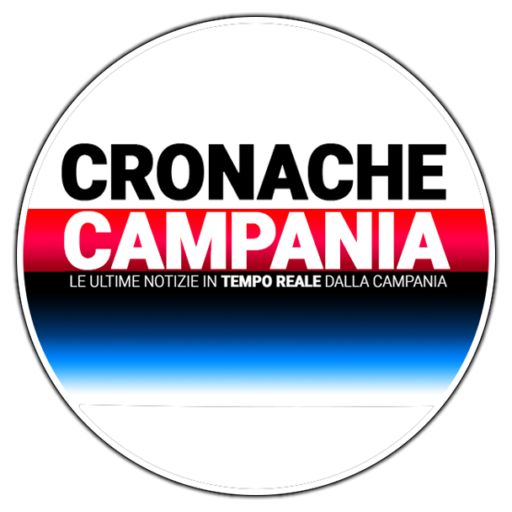Castellammare di Stabia/Pompei. An investigation is underway into the accomplices of the gang of stolen cars, “reconditioned” and put back on the market. The group that operated in a warehouse in Pompeii also made use of skilled mechanics whose job was to repair crashed cars with parts from stolen cars. A well-organized system that was dismantled by the Carabinieri of the Pompeii Station, coordinated by the Torre Annunziata Prosecutor's Office, which led to the execution of four precautionary custody orders. Basically, the gang procured stolen cars whose parts were replaced on crashed cars. The refurbished vehicles were sold online at market prices that were also convenient. Dozens of people were defrauded. The arrested individuals included 31-year-old Tito Maurizio Alfonso from Castellammare di Stabia, 28-year-old Criscuolo Taddeo from Castellammare di Stabia, 64-year-old Izzo Armando from Gragnano and 21-year-old Catello Scarpato from Castellammare di Stabia. Izzo and Taddeo were banned from living in Campania, while the other two were sentenced to prison. They will have to answer for criminal association aimed at receiving stolen goods and laundering stolen cars and fraud. The investigation, directed by the Torre Annunziata prosecutor's office and conducted by the Pompeii Carabinieri Station, has allowed them to gather serious evidence of guilt against all the suspects, who already had criminal and police records, in relation to the laundering of some cars and parts of others found and seized in Pompeii in February 2018 when one of today's arrestees was arrested on suspicion of crime, caught driving a van containing the already sectioned parts of a car stolen the previous night in Somma Vesuviana. The illegal conduct involved predefined roles on the part of the associates. There were two organizers and promoters of the association with the task of finding the cars of illicit origin, purchasing corresponding models that had been damaged and carrying out, together with the other accomplices, the technical operations of reconditioning and alteration of the distinctive signs by re-stamping the frames, assembling several parts of different cars, and reprogramming the electronic control units. The recycled vehicles were then resold to unsuspecting buyers through advertisements on specialized online sites. One of the arrested, a fictitious owner of a sole proprietorship for the resale of cars, took care of the financial operations resulting from the sales and the distribution of profits to the associates. The illicit mechanism was revealed through the analysis of telephone traffic as well as through interceptions of conversations and technical-scientific checks on the vehicles subject to seizure, then returned to their rightful owners.
Article published on May 16, 2019 - 11:59 pm










